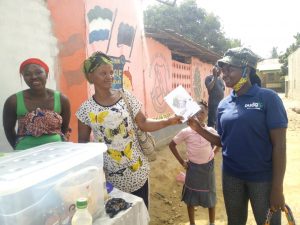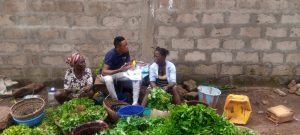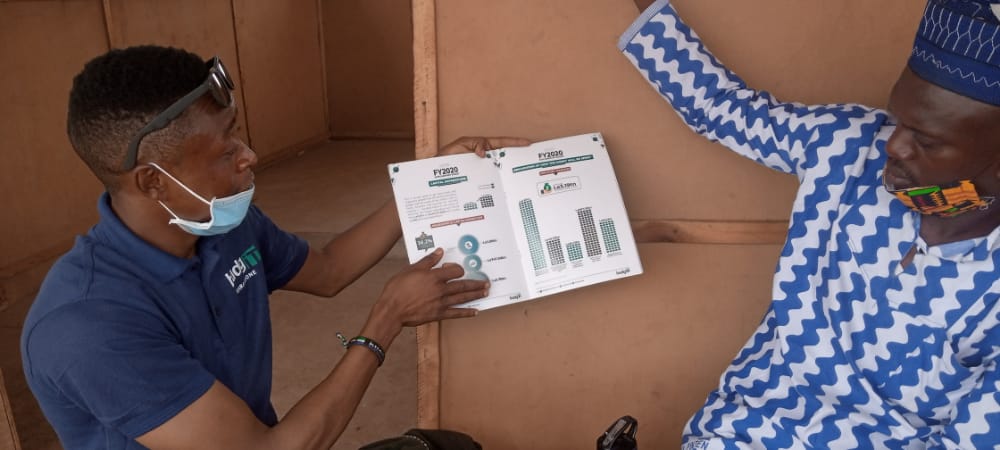The Sierra Leone budget is a cumbersome, hard-to-read document. In the 2019 Open budget survey, the country ranks 39 of 100 countries in transparency, 31 of 100 countries in public participation, and 42 of 100 countries in budget oversight.
This information implies that the government fails to provide adequate public spending information and does not adequately engage citizens on essential decisions that impact their lives. The lack of transparency in the most important government document has led to citizen apathy and reduced participation in governance and ultimately contributed to the country’s inability to tackle most developmental challenges such as poverty, unemployment, and poor infrastructure.
Many Sierra Leoneans do not understand how the budget affects their daily lives, community, and economy.
BudgIT Sierra Leone attempts to bridge this gap by providing simplified budgets in accessible formats. We engage citizens using technology-social media platforms, interactive videos, traditional radio, and one-on-one community engagement sessions. Our members explain the budget components and emphasize the importance of citizens’ participation and collective voice to ensure service delivery in our local communities.

We have engaged more than 1.1 million citizens in Sierra Leone on the provisions of the 2020 and 2021 national budgets using the platforms stated above. Many people find our sessions enlightening and are eager to know the allocation for different Ministries, Departments, and Agencies (MDAs). Our primary areas are locations where we can meet and engage everyday people, such as marketplaces, tea bars, communities. Also, town halls in the Western Area Rural (Hastings, Jui, Kossoh Town, Rokel, Waterloo Markets, 555 Community, Tombo fishing harbors) and Western Area Urban (Calaba Town Lorry Park, Wellington Communities, Portee Market, Shell Lorry Park, Wilberforce Communities, and Lumley).

According to citizens engaged in the communities named above, the Ministry of Basic Education capital allocation of Le518.4bn in 2021 does not reflect the realities of the educational sector in the country. They claim their wards do not have free education, and they pay for their students’ learning materials.
Our goal is to continue to create awareness for the national budget to build a host of active citizens who collectively demand good governance and budget transparency.
